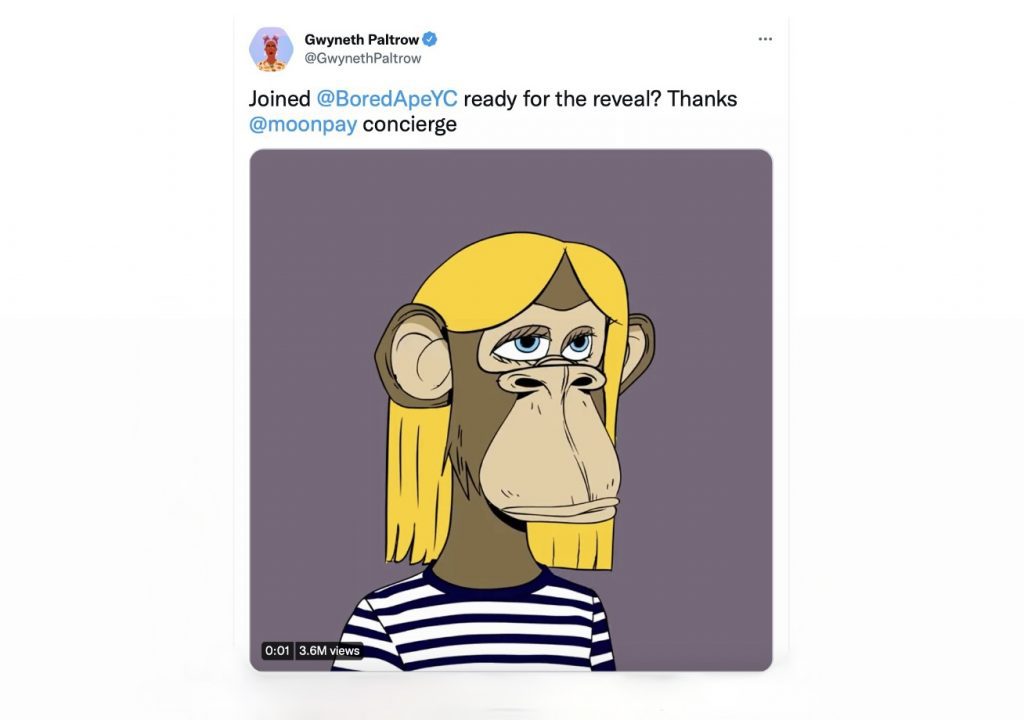The Federal Trade Commission (“FTC”) announced early this month that it is seeking commentary in connection with its plans to revise its online disclosure guide that is focused on digital advertising, potentially by way of new guidance that takes the metaverse/virtual reality into consideration. First released in 2000 and updated in 2013, the regulator’s “.com Disclosures Guide” aims to enable mobile and other online advertisers “to make disclosures clear and conspicuous to avoid deception.” The FTC recently revealed that it is seeking public comment on ways to modernize the guidance to align it with new advances in technology and how advertisers now interact with consumers.
While the FTC highlights its desire to crack down on advertisers’ attempts to “avoid liability under the FTC Act by burying disclosures behind hyperlinks,” along with the rising use of “dark patterns” (i.e., technology crafted to trick users into taking certain actions online that they might not otherwise take) and “other forms of digital deception,” the regulator is also specifically seeking comment on “advertising embedded in games and virtual reality, and micro-targeted advertisements.”
Among the 16 questions that the FTC poses, one centers on “what issues raised by current or emerging online technologies, activities, or features, such as … the use of advertising content embedded in games … should be addressed in a revised guidance document.” Another question posed by the regulator asks whether its revised guidance should address “issues that have arisen with respect to advertising that appears in virtual reality or the metaverse, and, if so, how should those issues be addressed?” (To date, none of the public comments have addressed the FTC’s gaming/metaverse inquiries, but the comment period remains open until August 2.)
It is worth noting that regardless of whether the FTC opts to present metaverse-specific guidance if/when it makes changes to the existing .com Disclosures Guide, its existing rules regarding advertising disclosures do, in fact, apply to advertising and endorsements in web3 just as they to do to more traditional forms of advertising and endorsements. Among other things, the FTC “has made clear that its disclosure requirements will continue to apply to virtual influencers that appear to be endorsers of a brand’s products or services, even if such endorsers are not real people,” Davis & Gilbert lawyers state in a recent note.
The FTC’s existing rules also undoubtedly apply to the wave of celebrities that have been busy promoting non-fungible tokens (“NFTs”) over the past year – even if the tech at play is relatively new. The rapid rise of NFTs since March 2021 and the marketing that has come along with it has raised questions about the nature of celebrities’ endorsements in the space, in particular. Wired’s Kate Knibbs asked early this year whether Bored Ape owner Justin Bieber, for example, “was paid to promote some of the NFTs he has posted about [on social media], either with free NFTs or regular old American dollars?” The answer, according to Knibbs, “We don’t know right now.”
These are the types of questions and (potentially problematic) answers that the FTC – and federal law in the U.S. – aims to avoid by requiring that individuals that have a material connection to the brand whose goods/services they are endorsing to make such connections known to consumers by way of clear and conspicuous disclosures if such a connection would not otherwise be obvious to the average consumer.
As the FTC has stated, material connections can consist of “a business or family relationship [between the endorser and the company], monetary payment [to the endorser], or the provision of free products to the endorser.”
The NFT realm has been rife with reports that celebs that have promoted NFTs from popular collections have done so after being given the NFTs as gifts – either from the companies behind the NFT collections, themselves, or from third parties, such as NFT “concierge services,” per Wired – in exchange for promotion. This could explain the shout outs to Moon Pay, for instance, that have come along with certain celebs’ promotions of their Bored Ape NFTs. If gifting in exchange for endorsements was, in fact, at play in these scenarios (and there is not guarantee that it was), the tenets of the FTC Act would apply, thereby, requiring the endorsing party (the NFT-owning celebrity) to alert consumers about the nature of the connection and the gift-giver to monitor such promotions to ensure that the proper disclosures are made.

At the same time, the push to modernize its online ad guides comes as the FTC has faced complaints about advertising in the virtual world. Truth in Advertising (“TINA”), for example, called on the FTC to take action over marketing on Roblox Corporation, the wildly popular metaverse/gaming platform. In a complaint in April, the Connecticut-based advertising watchdog alleged that Roblox, “a multibillion-dollar public company,” is on the hook for failing to “establish any meaningful guardrails to ensure compliance with truth in advertising laws, effectively allowing marketers, including but not limited to Alo Yoga, DC Entertainment, Forever 21, Hasbro, Hyundai Motor America, Mattel, Netflix, NFL Enterprises LLC, Nike, Paramount, and VF Corp., to manipulate millions of consumers in one of the largest and most captivating virtual platforms on the internet today.”
TINA asserted in the 44-page complaint that in furtherance of its operation of a closed platform metaverse, Roblox “pushes [advertising] in front of millions of consumers, including more than 25 million children and adolescents, by a multitude of companies and their avatar influencers.” The problem, it argues, is that in “jump[ing] into the Roblox metaverse” in order to connect with young consumers, Roblox and these big-name companies are allegedly “exploiting children’s inability to distinguish organic content from marketing, and manipulating them and other Roblox users with undisclosed promotions that are nearly identical to organic virtual items and experiences on the platform.”
A spokesperson for Roblox told TFL at the time that “Roblox is committed to ensuring our users and developers have a positive and safe experience on our platform,” noting that the company has “strict guidelines for developers that want to promote or use ads within their experiences, including specific rules to protect users under 13, expectations that all developers adhere to Community Standards we strictly enforce, and no tolerance for fraud or scams.”
While transparency is not necessarily proving the be the norm in the budding virtual world at large, the FTC’s request for information about advertising in the metaverse and beyond “could ultimately lead to major changes in how it views the requirements for companies of all kinds to advertise their products online” – including in the metaverse – “to the public,” according to Troutman Pepper’s Christopher Capurso, Mark Furletti, Caleb Rosenberg, Chris Willis, and Alan Wingfield. Beyond that, they note that in addition to influencing how the FTC has treated online advertising, its .com Disclosure Guide has also been “extremely influential in guiding other regulatory agencies’ assessments of online advertising, as well.”











